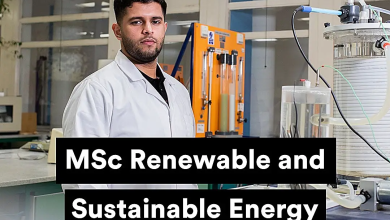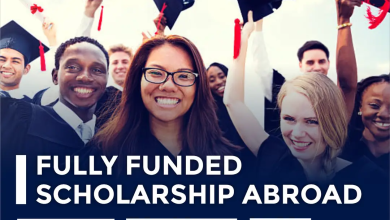Empowering the Future: Uganda’s Initiative to Provide Scholarships to 1000 African Students
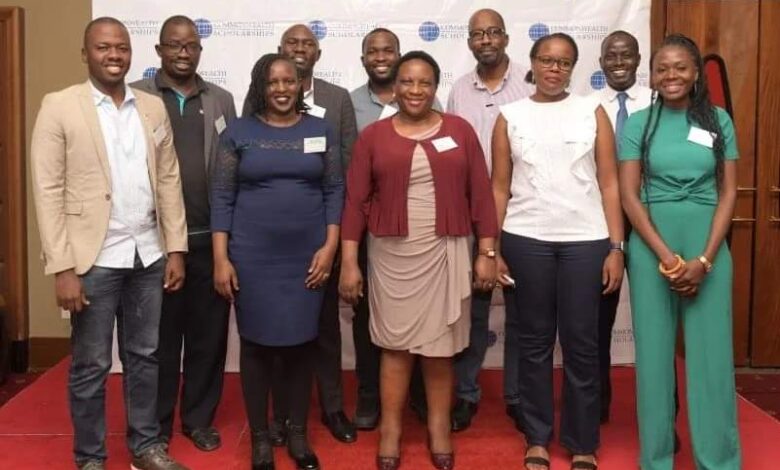
Empowering the Future: Uganda’s Initiative to Provide Scholarships to 1000 African Students
Introduction:
In an effort to foster education, knowledge, and empowerment across the African continent, Uganda has embarked on a remarkable journey to provide scholarships to 1000 deserving students from across Africa. This visionary initiative not only reflects Uganda’s commitment to education but also its dedication to enhancing opportunities for the youth of the entire continent.

Why Scholarships Matter:
Education is a powerful tool that can transform lives and entire communities. Scholarships provide students with the financial support needed to access quality education, empowering them to pursue their dreams and contribute positively to their societies. Here’s why scholarships matter:
- Access to Quality Education: Scholarships enable students to attend reputable institutions and access quality education that might otherwise be financially out of reach.
- Reducing Financial Barriers: Scholarships help alleviate the financial burden of tuition fees, accommodation, and other educational expenses, making education more inclusive.
- Promoting Diversity: By offering scholarships to students from various African countries, Uganda promotes diversity and cross-cultural learning experiences.
Uganda’s Commitment to Education:
Uganda, often referred to as the “Pearl of Africa,” is well-known for its rich cultural heritage and stunning landscapes. But it’s also making waves in the field of education. The Ugandan government, in partnership with various organizations, has shown unwavering commitment to advancing education in Africa through scholarship programs.
Key Highlights of Uganda’s Scholarship Initiative:
- Diverse Range of Scholarships: The scholarships cover a wide array of disciplines, including science, technology, engineering, mathematics (STEM), arts, social sciences, and more.
- Merit-Based Selection: Recipients are selected based on their academic achievements, leadership qualities, and potential to create a positive impact in their home countries.
- Networking and Mentorship: Students receive mentorship from professionals and scholars, helping them develop the skills and networks needed for future success.
- Empowering Women: Special emphasis is placed on empowering female students to bridge gender gaps in education.
The Impact on African Students:
The ripple effect of this initiative extends far beyond the individual scholarship recipients. By investing in the education of 1000 African students, Uganda is contributing to the development of a highly educated and skilled workforce across the continent. These students will be the future leaders, innovators, and change-makers, driving progress in their respective nations.
How African Students Can Apply:
To be considered for these scholarships, interested African students should keep an eye on the official scholarship programs run by the Ugandan government and its partners. The application process typically involves submitting academic records, essays, and letters of recommendation. It’s important for applicants to demonstrate their commitment to making a difference in their communities and beyond.
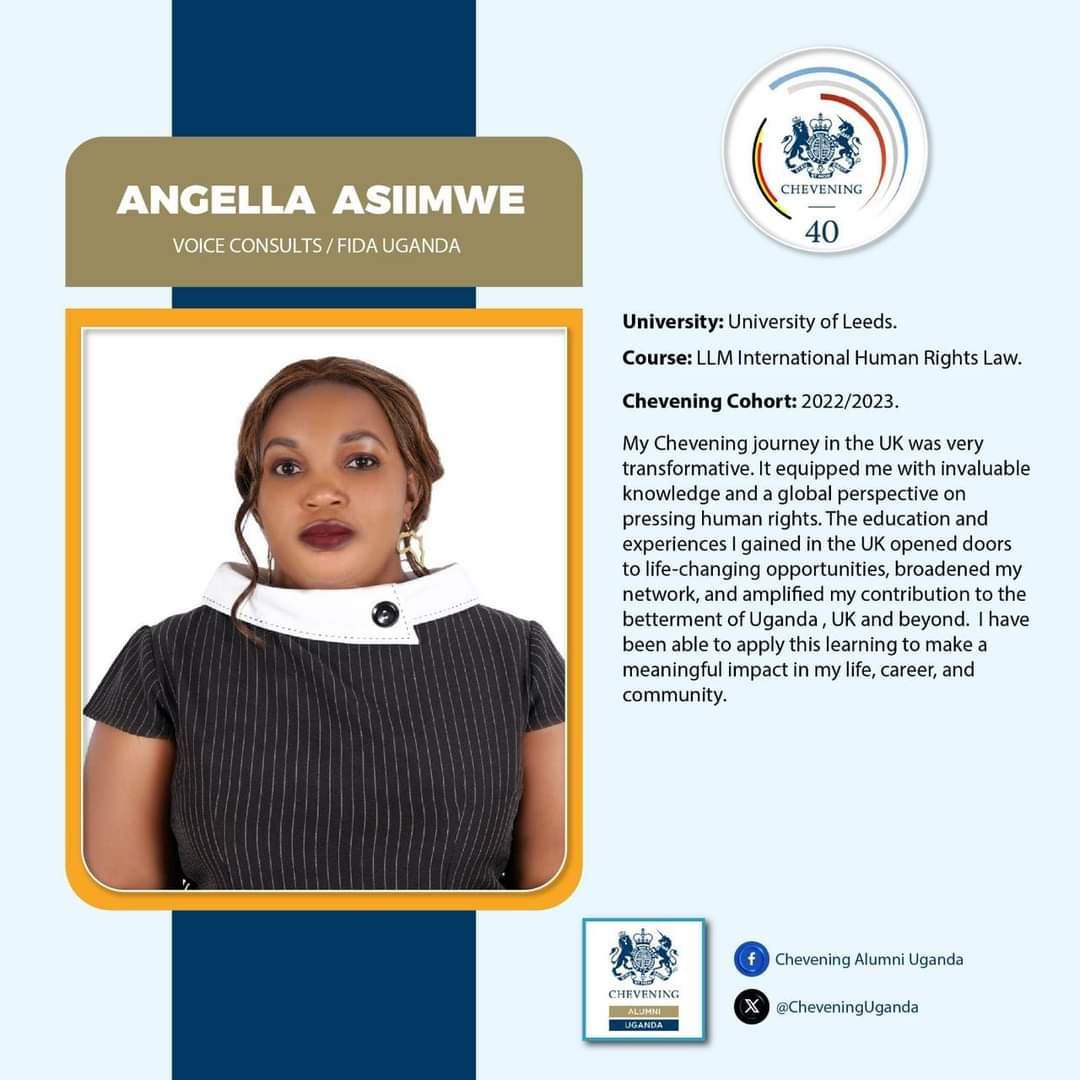
Access to Quality Education: A Cornerstone for a Bright Future
Quality education is often hailed as the foundation for personal growth, societal development, and economic progress. It has the power to break the cycle of poverty, foster innovation, and drive positive change in communities. However, for many individuals and communities around the world, access to quality education remains a distant dream. In this blog post, we’ll delve into the significance of access to quality education and its impact on individuals and society as a whole.
Why Access to Quality Education Matters:
- Empowerment and Equality: Quality education provides individuals with the knowledge and skills needed to lead a fulfilling life and actively participate in society. It breaks down barriers and promotes gender equality, social inclusion, and equal opportunities for all.
- Economic Development: Education is a powerful driver of economic growth. Educated individuals are better equipped to secure higher-paying jobs, create innovative solutions, and contribute to the development of their communities.
- Global Competitiveness: Nations with a well-educated workforce are more competitive on the global stage. Quality education equips individuals with the tools to adapt to changing environments and thrive in the global economy.
- Social Cohesion: Education fosters social cohesion by promoting tolerance, understanding, and respect among diverse groups of people. It plays a pivotal role in building peaceful and harmonious societies.
Challenges to Accessing Quality Education:
While the benefits of quality education are undeniable, many people around the world face significant barriers to access. Common challenges include:
- Financial Barriers: High tuition fees, the cost of educational materials, and the opportunity cost of attending school (instead of working) can be insurmountable for many families.
- Geographical Barriers: Students in remote or underserved areas often lack access to quality schools, teachers, and educational resources.
- Gender Disparities: Gender biases and stereotypes can limit girls’ access to education, particularly in societies where traditional roles predominate.
- Inadequate Infrastructure: Insufficient educational infrastructure, including schools, libraries, and internet access, hampers the learning experience.
Initiatives to Improve Access to Quality Education:
Governments, non-governmental organizations, and educational institutions worldwide are actively working to improve access to quality education. These initiatives include:
- Scholarship Programs: Providing financial assistance to underprivileged students, scholarships make quality education more accessible to those who need it most.
- Online Learning: Internet-based education platforms are making it possible for people to access quality education from anywhere in the world.
- Infrastructure Development: Building and improving schools, libraries, and digital infrastructure in underserved areas is a priority for many educational organizations.
- Teacher Training: Enhancing the skills and qualifications of educators ensures that students receive high-quality instruction.
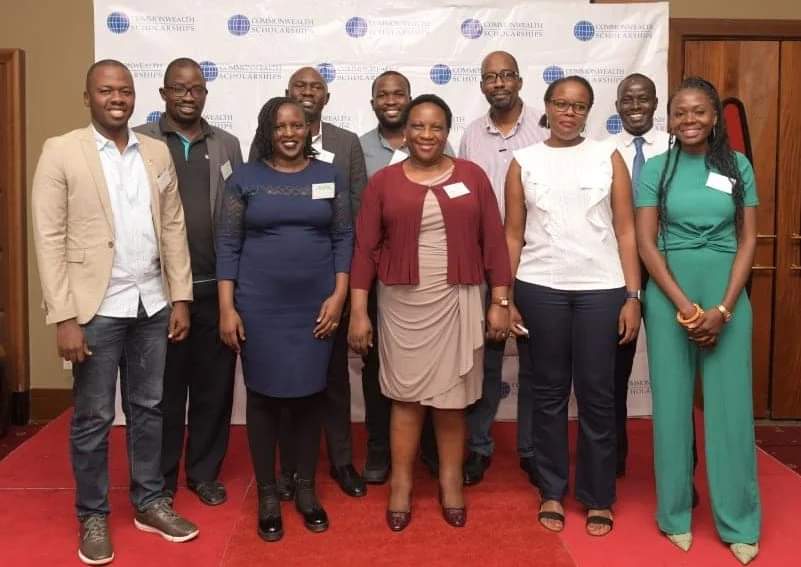
Reducing Financial Barriers to Education: A Path to Inclusive Learning
Access to quality education is often constrained by financial barriers that hinder many aspiring learners from reaching their full potential. In this blog post, we’ll explore the critical issue of reducing financial barriers to education and how initiatives around the world are working to make learning more accessible to all.
The High Cost of Education:
Education costs encompass a range of expenses, including tuition fees, textbooks, transportation, and more. For many individuals and families, these costs present significant financial barriers to accessing education. Some of the key financial barriers include:
- Tuition Fees: In many countries, the cost of higher education can be exorbitant, putting a strain on families’ budgets.
- Educational Materials: The price of textbooks, course materials, and other essentials can add a considerable burden for students.
- Room and Board: For students attending universities or colleges away from home, the cost of housing and meals can be a major expense.
- Lost Income: Many students, especially in lower-income areas, must forgo potential income to attend school, which can exacerbate financial hardship.
The Impact of Financial Barriers:
Financial barriers to education have far-reaching consequences, not only for individuals but also for societies as a whole. Some of the notable impacts include:
- Exclusion: Financial barriers exclude underprivileged individuals from accessing quality education, perpetuating cycles of poverty and inequality.
- Reduced Workforce Competence: Limited access to education can result in an under-skilled workforce, hindering economic growth and development.
- Inequality: Financial barriers often exacerbate existing inequalities, limiting opportunities for marginalized and minority communities.
- Brain Drain: Talented students from disadvantaged backgrounds may opt to migrate abroad for better educational opportunities, leading to a “brain drain.”
Initiatives to Reduce Financial Barriers:
Thankfully, a range of initiatives is addressing these challenges and working to reduce financial barriers to education:
- Scholarship Programs: Scholarships, grants, and bursaries provide financial assistance to students, enabling them to pursue their educational goals.
- Income-Contingent Loans: These loans allow students to repay their education costs based on their post-graduation income, reducing the immediate financial burden.
- Open Educational Resources (OER): OER, including free textbooks and online courses, lower the cost of educational materials and increase accessibility.
- Affordable Housing Options: Some educational institutions offer affordable housing options to reduce room and board expenses.
Conclusion:
Uganda’s commitment to providing scholarships to 1000 African students is a testament to the power of education and its potential to transform lives. By investing in the education of bright and ambitious students from across Africa, Uganda is paving the way for a brighter future for the entire continent. This initiative not only promotes diversity but also empowers students to reach their full potential and become catalysts for positive change in their societies.
As Africa’s youth are given the tools they need to succeed, the entire continent stands to benefit from their knowledge, skills, and passion for positive change. Uganda’s scholarship initiative is a beacon of hope and progress, demonstrating that education is the key to unlocking a brighter future for Africa and its people.




